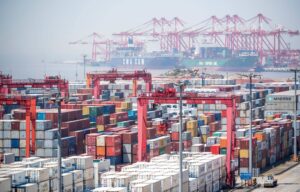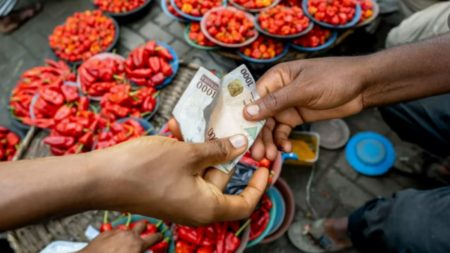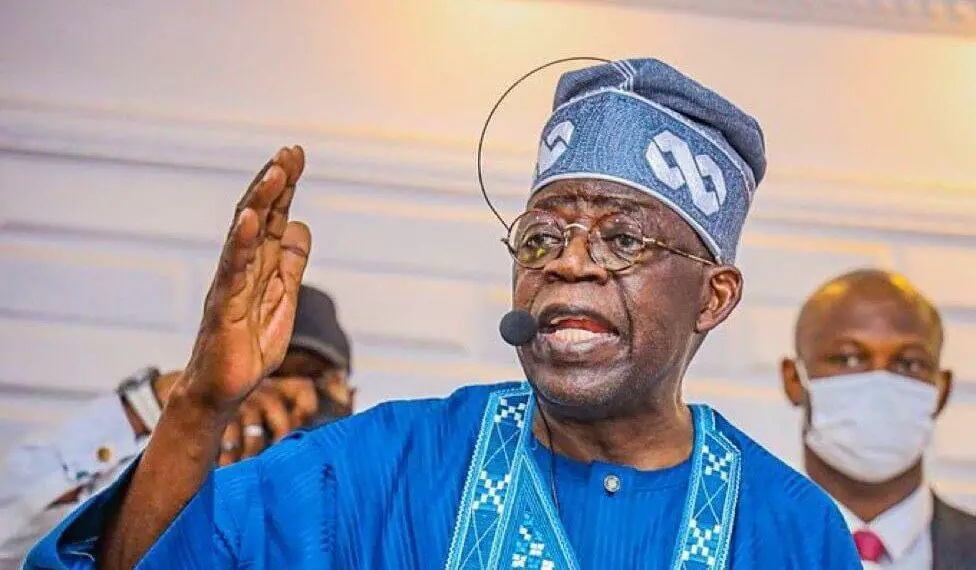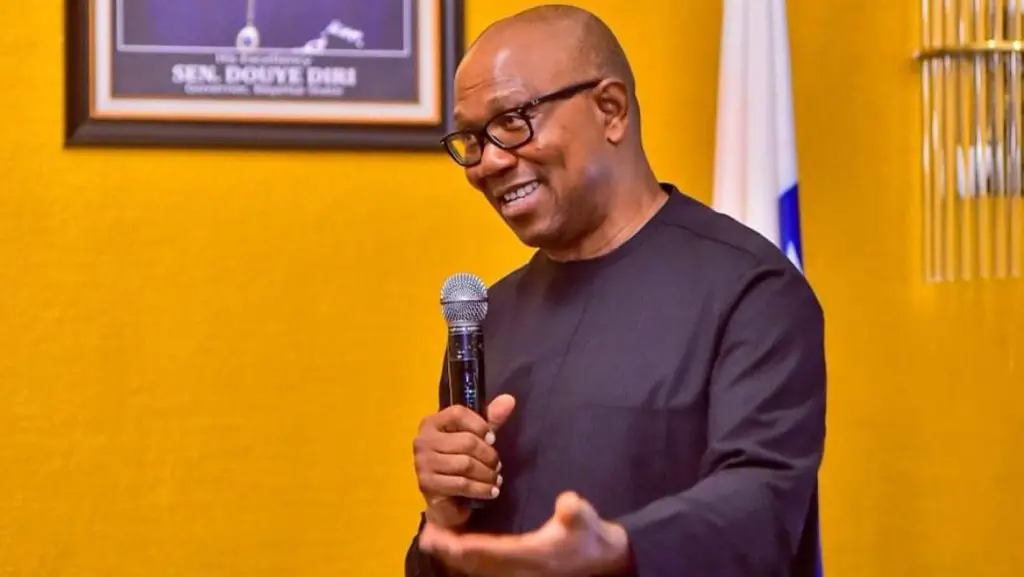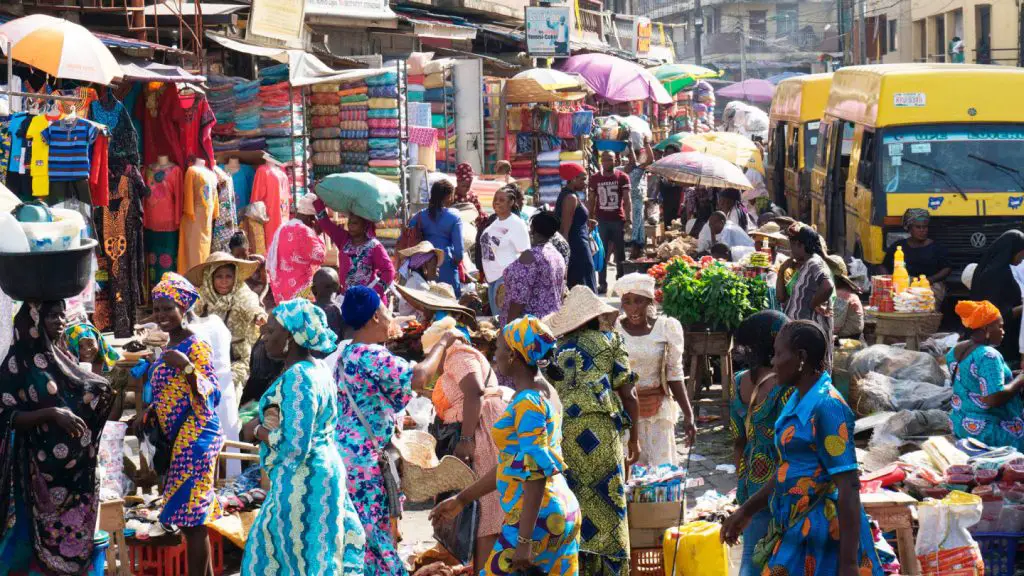Trending
- Kenya’s diaspora remittances surge to record $437 million in October
- China integrates mega logistics firms to ease trade with Kenya, Africa
- South Africa Inflation falls to a Four-Year Low Before Rate Decision
- A deep dive into how Africa’s hospitality industry is evolving to meet 2025 travel trends
- Green energy revolution in Kenya: How solar power is transforming rural communities
- Trump’s Presidential Win Influences Currency and Financial Decisions in Africa
- Gabon’s Referendum: the First Step Toward a Return to Civilian Rule
- COP29: Africa calls for fair GDP valuation of its $6 trillion natural wealth

